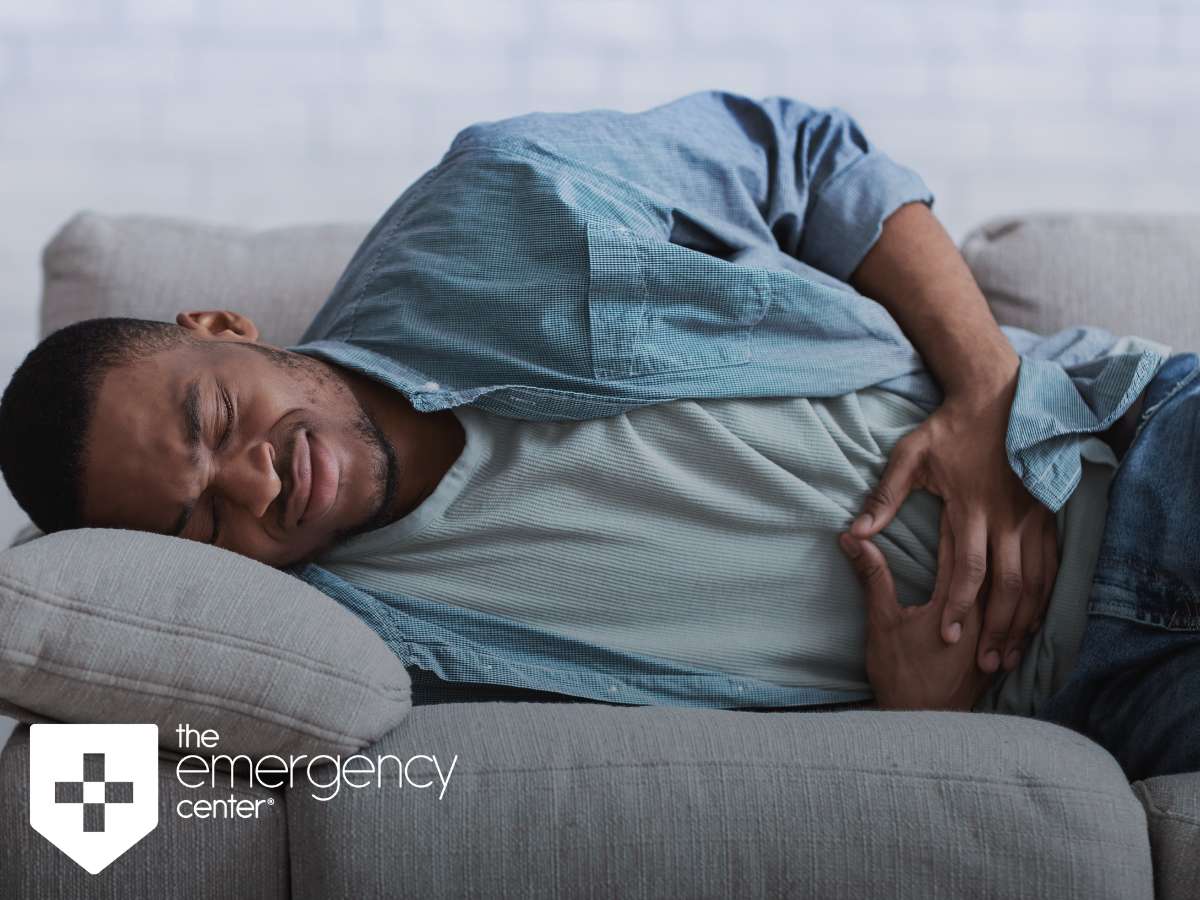Gut Check: Diverticulitis & Diverticulosis
What Are The Warning Signs Of Diverticular Disease?
If you were to unravel all the loops, turns and coils of the adult colon—starting in the mid-abdomen and down to the rectum—it would be about 5 feet long. That makes for a lot of tissue susceptible to disease and illness.
One of the more common issues that impacts the colon as people age is diverticular disease. In fact, it affects 30 percent of adults over age 50 and more than 70 percent by the time they pass age 80.
Diverticular disease occurs when bubble-like pouches form in the colon—most often in the lower part of the colon. These formations (diverticula) characterize a condition called diverticulosis. While many people living with diverticulosis never experience symptoms, some people go on to have inflammation in these pouches called diverticulitis.

When Diverticulosis Becomes Diverticulitis (& Its Complications)
About five percent of Americans with diverticulosis develop diverticulitis. According to the National Institutes of Health, 200,000 people are hospitalized in the U.S. with diverticulitis each year due to a host of complications:
- Bleeding in the lower intestines
- Blockages as food and waste move through the colon
- Infection in the lining of the intestines
- Abnormal holes in the colon
- Severe pain due to an abscess caused by an infection that can lead to even further complications
The bleeding and infections that sometimes come with diverticulitis can be severe, even life-threatening.
Early Warnings
In many cases, diverticular disease is not uncovered until patients start developing symptoms and complications. Sometimes those complications are extremely serious like those listed above. Other times, mild to moderate symptoms provide an initial clue.
With how common diverticulosis is among an aging population, it’s important to be on the lookout for symptoms and get them evaluated quickly by a doctor or at The Emergency Center. These symptoms can seemingly come out of nowhere:
- Constipation that does not resolve quickly with over-the-counter medications
- The abdominal area/lower abdomen becomes sensitive to touch
- Ongoing pain in the lower left side of the abdomen
- Nausea, vomiting and/or diarrhea
Although many of these symptoms are common to other digestive issues as well, anytime abdominal pain combines with any of these other symptoms and doesn’t go away quickly, it should be addressed by a medical professional as soon as possible. Any severe pain should be seen at The Emergency Center immediately.
Discovering Diverticular Disease
As with many diseases characterized by inflammation, diverticulitis can range from mild to severe. But before that can be determined, ruling out other GI issues is usually necessary for patients without a previous documented history of diverticular disease.
After a physical exam, The Emergency Center may offer a range of lab tests that can rule out things like liver-related abdominal issues, other kinds of infections and even pregnancy. Women also may undergo a pelvic exam to rule out pain related to the reproductive system.
If diverticulitis is suspected, a CT scan at The Emergency Center can confirm the presence of diverticulosis and the location of inflamed pouches. These images also can help inform how severe the diverticulitis is and the most appropriate course of treatment. If a diagnosis of diverticulitis is confirmed, The Emergency Center can provide:
- antibiotics (either oral or IV as appropriate)
- pain medications
- recommendations on diet and lifestyle changes
- additional treatments for symptoms
For patients diagnosed with serious complications from diverticulitis, a referral to a GI surgeon may be provided or transfer to a more specialized facility can be arranged.
At The Emergency Center, the goal is always to catch and intervene early to divert patients away from even more serious complications from diverticulitis.
Enjoy life. We’ll be here for the bumps along the way. ™
The Emergency Center
San Antonio
11320 Alamo Ranch Pkwy
San Antonio, TX 78253
Phone: 210-485-3644



